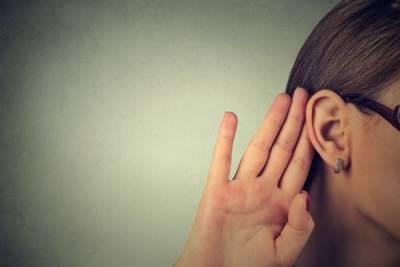Can I Record Conversations with My Spouse During Divorce in Illinois?
 Modern technology has made it very easy to record every moment of our lives. Photo, video, and voice recordings of people acting poorly are all over the internet. Although people getting divorced in Illinois may believe that recording their spouses doing something threatening or illegal would be justified and therefore no big deal, Illinois and federal law are quite strict regarding legal and illegal recordings.
Modern technology has made it very easy to record every moment of our lives. Photo, video, and voice recordings of people acting poorly are all over the internet. Although people getting divorced in Illinois may believe that recording their spouses doing something threatening or illegal would be justified and therefore no big deal, Illinois and federal law are quite strict regarding legal and illegal recordings.
Many people have legitimate reasons to fear their spouse during an ongoing divorce process and may want to surreptitiously document threats or abusive behavior. Although there are times when secret recording can be done legally, it is easy to violate these laws and a recording could be inadmissible as evidence - or worse, get the person doing the recording in serious legal trouble.
When Can Conversations Be Legally Recorded in Illinois?
Illinois is an all-party consent state when it comes to recordings. This means that everyone involved in a conversation must be aware that recording is taking place. They do not have to consent to the recording; they must only be aware of it.
Recording someone without their knowledge is a Class 4 Felony in Illinois. Although Class 4 felonies are the least serious of all felony charges, they still carry considerable penalties, such as prison time and fines. Furthermore, an illegal recording will not be admissible as evidence in divorce proceedings, so the person doing the recording may put themselves at legal risk for nothing.
Is Secretly Recording Another Person Ever Legal in Illinois?
In 2014, the Illinois legislature amended the state eavesdropping statute after the Supreme Court ruled it was unconstitutional. Now, it is possible to record someone in public without their knowledge if there is not a reasonable expectation of privacy.
However, critics of the law argue that it is unclear and subject to broad interpretation. Whether a call was done surreptitiously (without someone’s knowledge) and whether the person being recorded had an expectation of privacy are not always clear.
The law is even more restrictive when it comes to recordings taking place on private property or over private phone lines or in a restaurant, hotel room, locker room, and other semi-private places. Although sometimes it is permissible to record someone if they are in the act of committing a crime - and domestic abuse is certainly a crime - knowing exactly when or if a crime will take place, or whether a video recording is acceptable rather than an audio recording, further complicates the situation.
Rather than attempt to parse the law yourself, you should avoid breaking the law by consulting with your attorney before you record any conversations.
Speak with a Cook County Divorce Attorney
Instead of attempting to investigate or incriminate your spouse on your own, work with an experienced Arlington Heights divorce attorney who understands the law. At A. Traub & Associates, we understand that threats against you and your children can be very real during divorce proceedings, and we will passionately represent you and your interests. Call our knowledgable legal team to schedule an initial consultation with one of our skilled and compassionate attorneys. Contact us at 847-749-4182 today.
Sources:
https://www.dmlp.org/legal-guide/illinois-recording-law
https://www.ilga.gov/legislation/ilcs/documents/072000050K14-1.htm

















